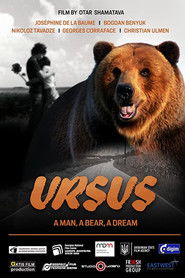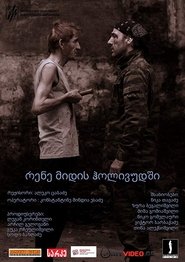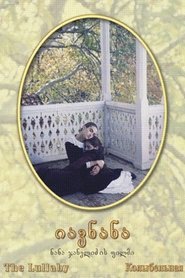detail profile niko tavadze
Peran Yang Di Mainkan Niko Tavadze
 When the police finally catch an...
When the police finally catch an...The Execution 2022
When the police finally catch an elusive serial killer, no one can prove his guilt, resulting in the lead detective making it personal.
 Ursus is a story of three...
Ursus is a story of three...Chola the Bear 2021
Ursus is a story of three outcasts—Georgian unemployed film director, Ukrainian ex-stuntman and a Canadian female fighter for the wild animals' rights—making their desperate journey from Tbilisi, the capital of ex-Soviet Georgia plunged into a civil war, to Berlin at the beginning of 1992. Each of the three characters pursues their own goal without even knowing how much their fates are intertwined.
 Rene Dadiani a big city dweller...
Rene Dadiani a big city dweller...Rene Goes to Hollywood 2010
Rene Dadiani, a big city dweller, teaches video art in a film school, while at the same time working for a propane delivery office. He claims real men are men of many hats. In film school, he's one of the avid preachers of self-initiated absurd theory. He assumes that one can enhance the power of imagination by way of altering consciousness that, on its turn, can give way to new reality. Rene often observes life via his Handycam. Sometimes those he captures are not only the 'real' people, but imaginary personalities, too.
 This Georgian drama seeks to renew...
This Georgian drama seeks to renew...Lullaby 1994
This Georgian drama seeks to renew and reinforce a sense of cultural and national identity as it examines a tragic event in the idyllic life of an aristocratic Georgian family. Much of the film focuses upon their happy and peaceful life of this family comprised of a young couple and their baby daughter Keto. Their life changes when two drifters come in. The two men (who seem to be Muslims from the Azerbaijan republic) are met with hospitality. They repay it by kidnapping baby Keto. ~ Sandra Brennan, All Movie Guide

